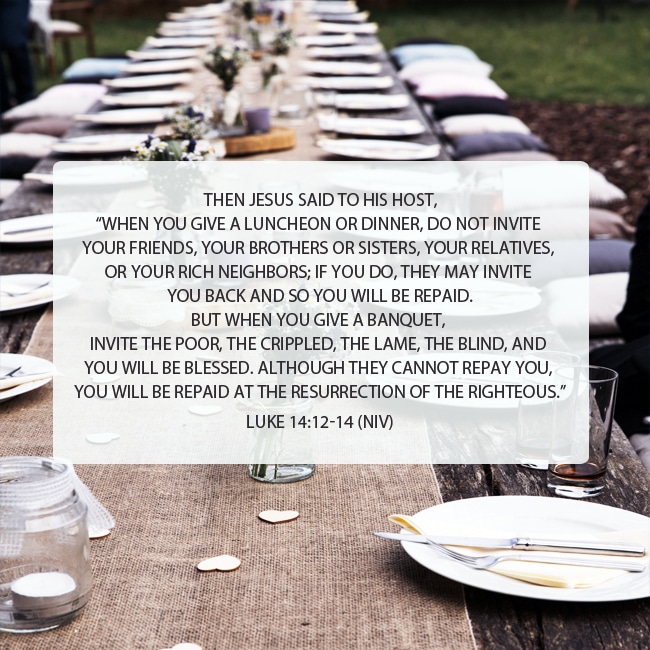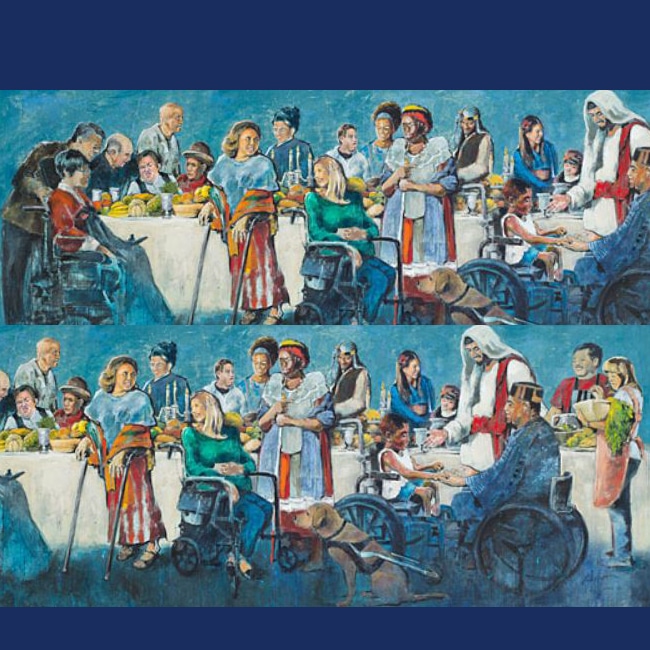Spiritual Journey as Formation, Part 3
The Journey is an Experience, Not a Spectator Sport
Part 3 of a 6-Part Series
Some years ago I hiked the Na Pali coast on the island of Kauai with my wife and young adult children. We did not learn to hike the Na Pali Coast by attending a class at our nearest mountain equipment store, nor by reading books on hiking. We learned to hike by walking the Kalalau Trail. We did read books on Hawaii and pored over maps. On the trail, however, we learned that some of the streams drawn on the maps were dried up and discovered that some markers were no longer visible. The terrain changes constantly, and the weather can become violent at a moment’s notice. So it is with spiritual formation. The best classes on spiritual formation are no substitute for experiencing spiritual formation. Students need to learn about techniques on prayer, but they learn best by praying with one another.
Along the Kalalau Trail we experienced new sensations. We smelled sweet ocean breezes, swam underneath cold waterfalls, ate passion fruit picked fresh off trees, and slept underneath bright stars undimmed by city lights. On the trail we had no cable television, pizza delivery, hot showers, or Internet. When we arrived at our halfway point, my tired wife tried to use her cell phone to call a helicopter to take us back to civilization. The cell phone was useless along the Na Pali cliffs. It was just another item to weigh us down. For a few days we experienced a different way of life. This is the call to spiritual formation. Linda Vogel writes,
Abraham and Sarah embarked in faith on a long journey to a far away and unknown place (Gen. 12-25:11). Their journey was not only to new surroundings and a new way of life; it was to a different way of understanding who they were and who God intended them to be; it was a journey that involved letting go of old ways of thinking and acting and of trusting untried ways of relating to God and others. (Linda Vogel. Teaching and Learning in Communities of Faith. San Francisco: Josey-Bass Publishers, 1991, p. 4.)
Twenty years from now I want to look back and say I’m not the same person I was. I want to be able to say I have changed, evolved, grown. I pray I will let go of my older way of thinking, acting, and trusting, so much so that I won’t recognize my former self. Things I clung to will no longer be important. My love for God and others will have deepened. No matter how far I’ve come, there are still new opportunities to experience change. Paul expressed it this way:
Yet, my brothers, I do not consider myself to have “arrived”, spiritually, nor do I consider myself already perfect. But I keep going on, grasping ever more firmly that purpose for which Christ grasped me. My brothers, I do not consider myself to have fully grasped it even now. But I do concentrate on this: I leave the past behind and with hands outstretched to whatever lies ahead I go straight for the goal—my reward the honour of being called by God in Christ. (Phil 3:12-14, Phillips)
The reward for spiritual formation is not information or orthodoxy. The reward of spiritual formation is an intimate experience with our Creator. My prayer for our seminarians is to be on a lifelong spiritual quest and not merely satisfied spectators of spiritual things.




